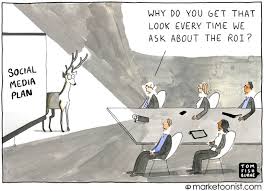Pretty much every non-historian I know has at some point asked me the dreaded question…. What are you going to do with a history degree…. teach or something? I find that the lack of understanding of what it takes to write history/ be a historian in the world outside of to end up feeling quite uneducated and even condescending. As stated in the post “What Employers Seek in History Graduates” points out, “…students of history develop skills in the ability to assess evidence, ability to assess conflicting interpretations, and experience in assessing past examples of change. I believe these skills are most effectively taught within the university setting.” Personally I would add to that the ability to think critically (a dying art form in my opinion), an understanding for what the world really was, and possibly most of all, passion.
Having come from the business department early in my academic career, I found the in generalized lack of passion disturbing. It seemed to me that all too often people were there because they thought it would make them more money or that they were doing what they were supposed to. In the history department I see every member of each class I have as passionate about something. Possibly this stems from the fact that history is not the pathway to fly cars, gold necklaces, and the easy life. In that I find the history department to be refreshing.
I think that “Crafting a new Historian” has it the closest that I saw to correct. Really being a historian is like most jobs “you fake it until you make it” or as Tyler Rudd Putman more eloquently puts it, “Craftsmen move from mimicry to mastery.” There is no golden ticket. There is no right way to life. Life tends to take your plans and crumple them up and throw them away. The trick is not to let it get you down and to keep moving even when you feel beaten down.


